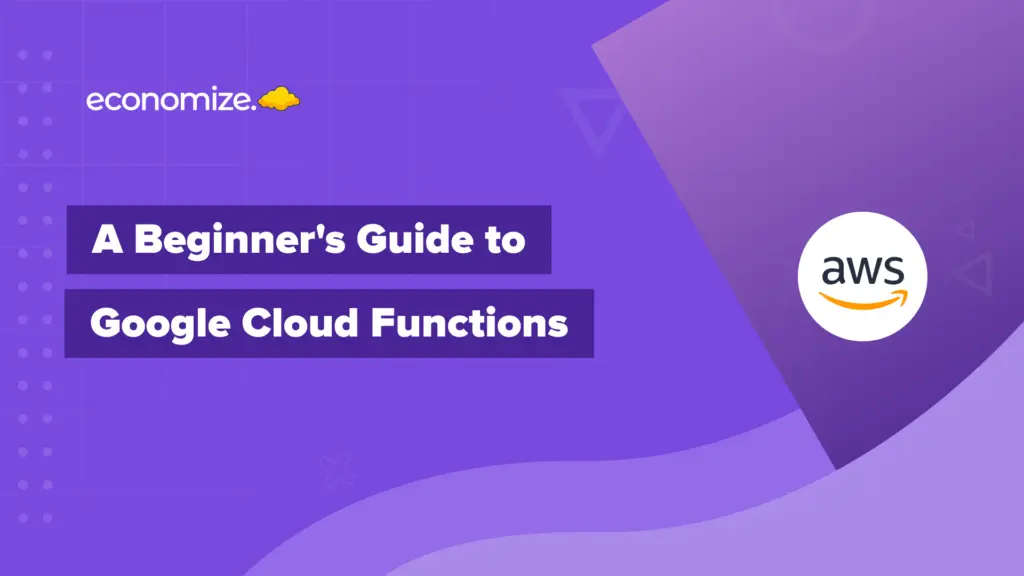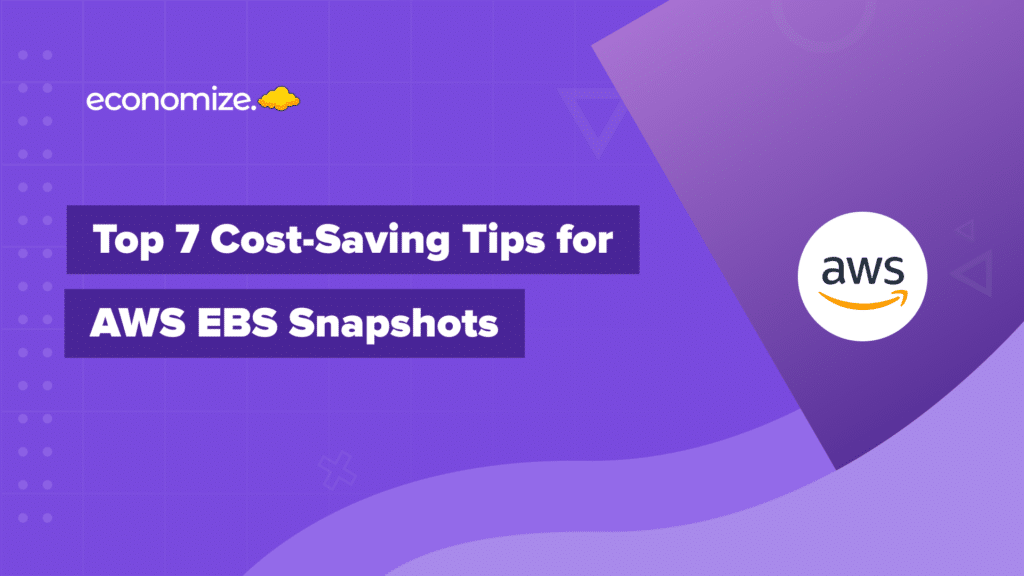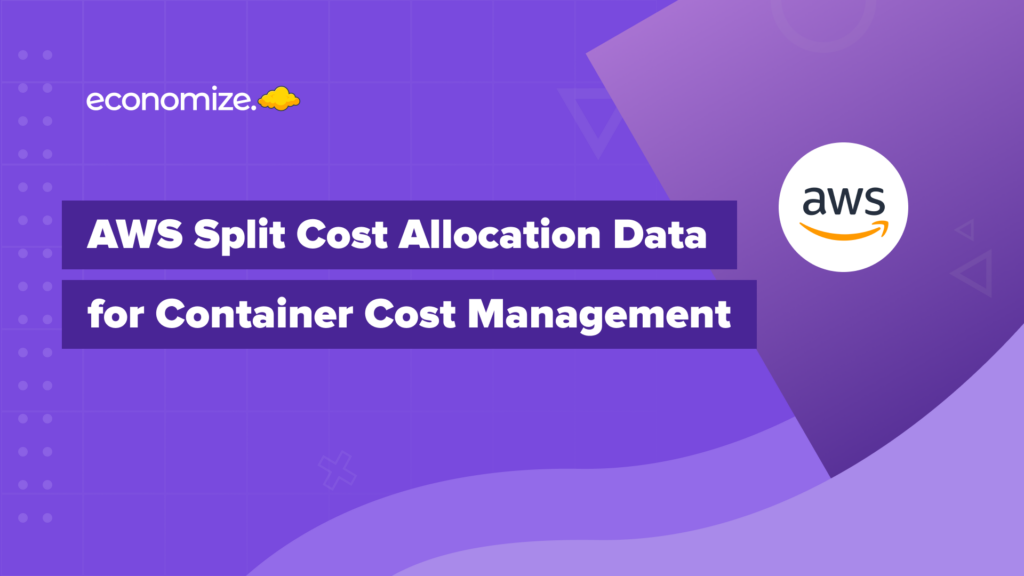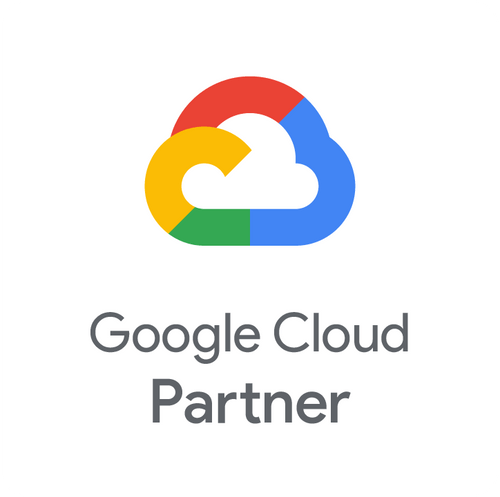In the current cloud landscape, there’s a lack of a standardized method to normalize cloud cost and usage measures across multiple cloud platforms, at a time when managing cloud costs and optimizing spending have become paramount. The introduction of FOCUS converters for AWS, GCP, Azure, and Oracle Billing is a significant leap forward in achieving these objectives.
These converters enable organizations to transform their disparate cloud billing data into a unified format, simplifying analysis, comparison, and decision-making processes. This article will delve into what FinOps FOCUS is, explore the specifics of FOCUS converters for each mentioned cloud platform, and provide insights into the dimensions these conversions cover.
What is FOCUS?
FinOps Cost and Usage Specification (FOCUS) is a cutting-edge technical project sponsored by the Linux Foundation. Its primary aim is to set up an open specification for cloud billing data.

FOCUS intends to introduce a vendor-neutral, cross-cloud schema and standardized terminology for key cost and usage dimensions and metrics. This standardization simplifies the ingestion and analysis of cost and usage data, boosting understanding and confidence in billing data among organizations that produce or consume it.
What are FinOps FOCUS Converters?
Designed as a command-line utility, FOCUS Converters facilitate the transformation of intricate billing data files from major cloud providers into a standardized format. This common schema simplifies the implementation of cloud cost management, ensuring compatibility, enhanced analysis, and strategic financial decisions across various cloud environments.
Setup Installation and Development
The FOCUS converter is compatible with Python 3.9 and above and can be installed using pip. For development purposes, contributors can clone the repository, utilize Poetry for dependency management, and follow the setup instructions to contribute or customize the converter.
FOCUS Converter for AWS Billing
For Amazon Web Services, the FOCUS Converter adeptly handles the conversion of AWS’s detailed billing files into the FOCUS format. It supports various AWS billing data formats, including the widely-used Cost and Usage Reports (CUR) stored in Parquet format. By translating AWS’s CUR into a more accessible and standardized format, organizations can better understand their cloud spend, identify cost-saving opportunities, and benchmark against industry standards.

AWS FOCUS Billing Example
For instance, a company utilizing a diverse range of AWS services, from EC2 instances to S3 storage, can leverage the FOCUS Converter to consolidate their billing data. This unified view allows for granular analysis, such as identifying underutilized resources that can be downsized or pinpointing services that could benefit from reserved instances.
AWS FOCUS Converter Commands
focus-converter convert --provider aws --data-path path/to/aws/parquet/cur/ --data-format parquet --parquet-data-format dataset --export-path /tmp/output/
FOCUS Converter for GCP Billing
Google Cloud Platform billing data is also seamlessly converted using the FOCUS Converter. The utility is designed to ingest GCP’s billing exports, typically available in BigQuery or as CSV files in Google Cloud Storage. By leveraging the converter, GCP users can translate their usage and billing data into the FOCUS format, enabling consistent reporting and analysis alongside other cloud platforms.

GCP FOCUS Billing Example
Consider a scenario where a company leverages GCP for big data analytics, utilizing BigQuery for querying vast datasets and Google Kubernetes Engine (GKE) for application deployment. The FOCUS Converter can amalgamate the billing data from these services, allowing the company to scrutinize their spending patterns, optimize resource allocation, and effectively manage their cloud budget.
GCP FOCUS Converter Commands
focus-converter convert --provider gcp --data-path path/to/gcp/billing/csv/ --data-format csv --export-path /tmp/output/
FOCUS Converter for Azure Billing
For Microsoft Azure, the FOCUS Converter provides a pathway to reformat Azure’s detailed billing and usage data, sourced from Azure Cost Management exports, into the FOCUS schema. This process equips organizations with the means to assess their Azure cloud expenditure in harmony with their overall cloud financial strategy.

Azure Billing Converter Commands
focus-converter convert --provider azure --data-path path/to/azure/usage/csv/ --data-format csv --export-path /tmp/output/
Oracle Billing Integration into FOCUS
The FOCUS Converter for Oracle Cloud ensures that billing data from Oracle Cloud can be effectively incorporated into the FOCUS schema, thereby supporting comprehensive financial analysis and optimization across cloud platforms.

Oracle FOCUS Billing Example
For organizations utilizing Oracle Cloud for a range of services, from Oracle Cloud Infrastructure (OCI) for their core compute and storage needs to Oracle Autonomous Database for self-managing database services, the FOCUS Converter enables a unified billing view. This unified perspective assists in meticulous cost tracking, optimization efforts, and strategic planning, aligning Oracle Cloud’s billing data with the overarching FinOps objectives.
Oracle Billing Converter Commands
focus-converter convert --provider oracle --data-path path/to/oracle/billing/csv/ --data-format csv --export-path /tmp/output/
FAQ: FinOps FOCUS Converters
Can FOCUS Converters handle billing data from all cloud services?
FOCUS Converters currently support billing data from major cloud providers, including AWS, GCP, Azure, and Oracle Cloud. They’re designed to be modular, allowing for future expansions to include additional cloud services as needed.
How does the FOCUS Converter deal with very large billing files?
The FOCUS Converter is optimized to process large billing files efficiently. It uses stream processing techniques to handle the data without requiring excessive memory, ensuring even very large files can be converted successfully.
Is there a charge for using FOCUS Converters?
The FOCUS Converters are part of the open-source projects supported by the FinOps Foundation. They are available for free, aiming to promote standardization and interoperability in cloud financial management practices.
How often should I convert my billing data?
The frequency of conversion depends on your organization’s financial monitoring and analysis needs. Monthly conversions are common, aligning with most cloud billing cycles. However, for more dynamic environments where close monitoring is required, conversions might be necessary more frequently.
Can I contribute to improving or extending the FOCUS Converters?
Yes, contributions are welcome! The FOCUS Converters are open-source projects, and the community is encouraged to contribute by adding support for new billing formats, enhancing conversion rules, or improving the utility’s performance. Check the CONTRIBUTING.md file in the project’s repository for guidelines.
What if my cloud provider’s billing format changes?
The FOCUS Converters are maintained to reflect the latest billing formats and specifications. When a cloud provider updates their billing format, the conversion rules for the affected provider are updated accordingly to ensure continued compatibility.
Conclusion
The journey to effective cloud financial management is ongoing, and the role of FOCUS Converters in this journey is indispensable. As we look to the future, the continued development and adoption of these converters will play a pivotal role in shaping the FinOps practices of tomorrow, ensuring that organizations can navigate the complexities of multi-cloud environments with confidence.








